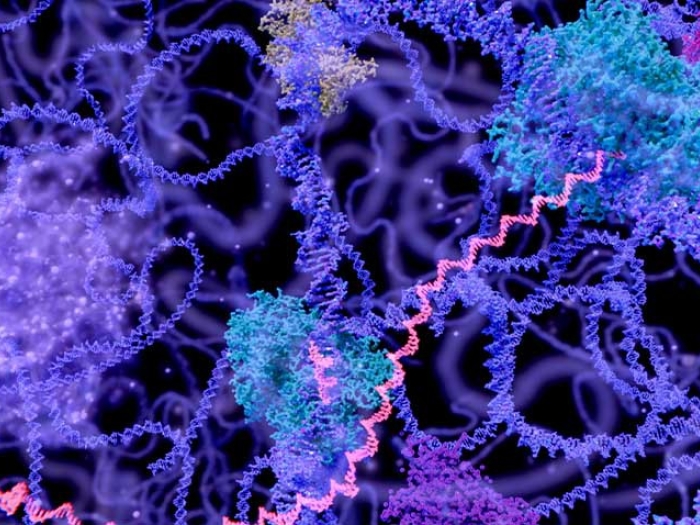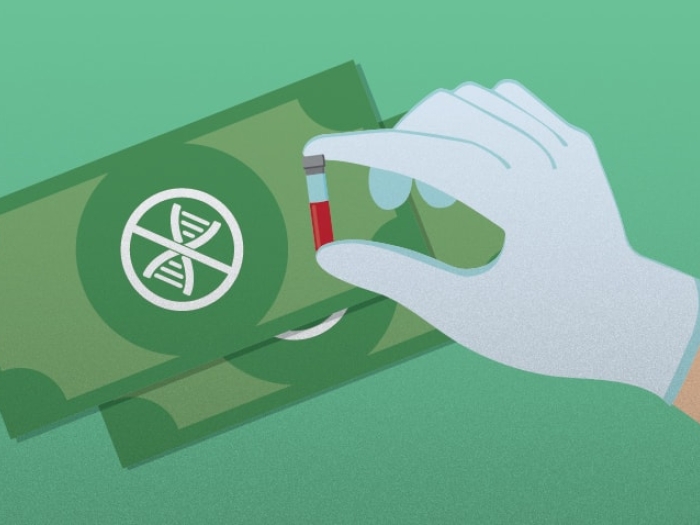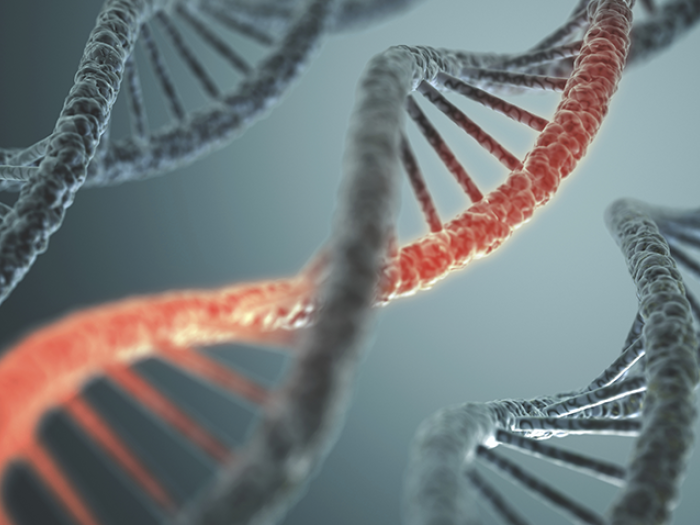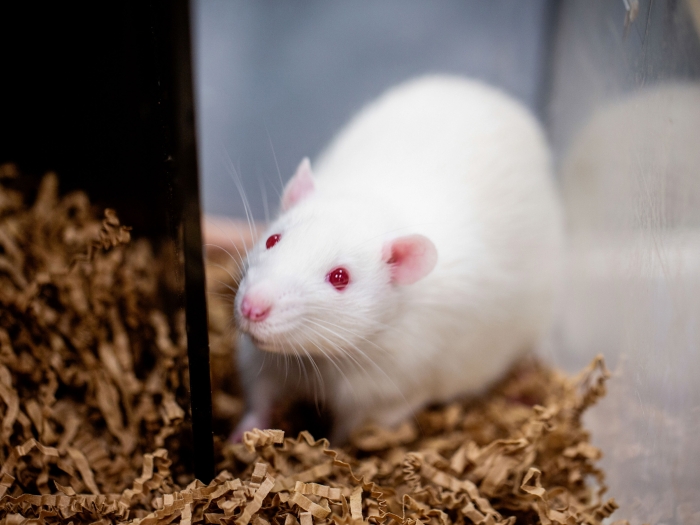Advances in funding and technology have boosted the profile (and potential) of gene mutation study. But the movement has also magnified gaps and incomplete claims.
7:00 AM
Author |
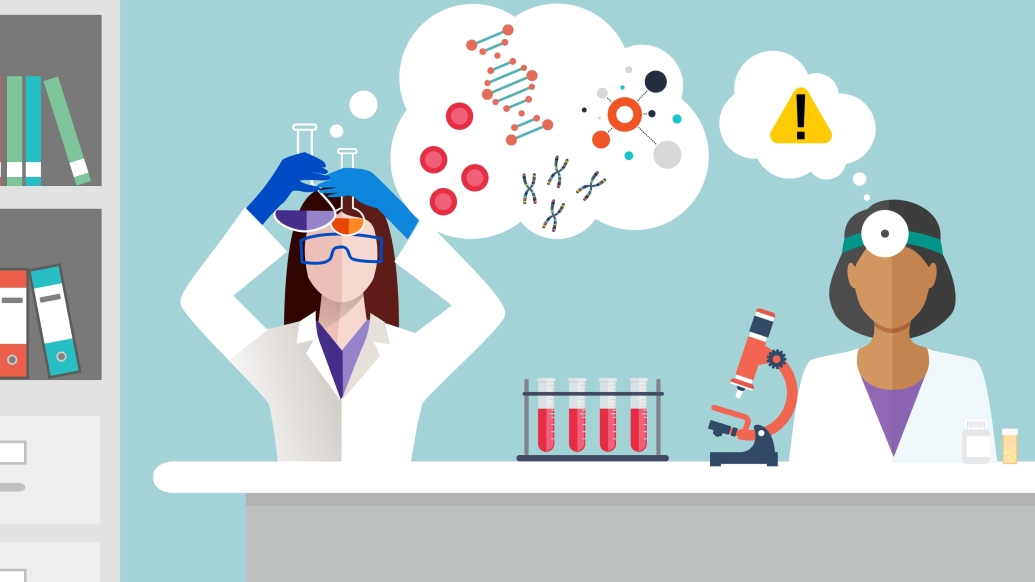
Studies that attribute genetic mutations to disease too often rely on an insufficient sample size to make a blanket statement. Or they cite a single mutation as the culprit when, in fact, a given illness is likely due to a confluence of mutative factors.
SEE ALSO: Chronic Sinusitis Rarer than Most Patients and Providers Believe
And yet, such premature results continue to appear in medical journals without proper verbiage to distinguish assertion from assumption.
That can spur incorrect diagnoses from doctors and false hope in patients.
"What's happening right now is that some people are being told: 'Oh, your disease, we think we know what the cause is' — and it's wrong," says Margit Burmeister, Ph.D., a neurogeneticist at the University of Michigan.
Even in circumstances that involve a larger population or a more common mutation, "it's still pretty expensive and pretty hard to prove whether a mutation is causative or not," says Burmeister, who with U-M bioinformatics colleague Jun Li, Ph.D., in recent months has co-authored several editorials critiquing gaps in other declarative analyses.
She spoke more about the landscape:
What are the dangers of weak or small-scale research linking mutations to disease?
Burmeister: Premature declaration claiming causation when it might need to be (phrased) more carefully is very concerning. People need to be told very clearly when it's just a hypothesis.
Genetic testing has the potential to help with family planning. That basically means people could seek abortion or avoid having children based on being told they have the "wrong" gene. This is not trivial, and there are plenty of such examples.
How is the veracity of such discoveries confirmed?
Burmeister: There isn't a governing body right now. There is a database of variants that are considered clinically validated. A lot of this sequencing is done by for-profit companies.
If something is (declared) in a peer-reviewed paper, they will consider that enough. Journal editors have some say, but it's not consistent. The same journal that told us to change (the phrasing of) a title also had another paper with less evidence — and that author did claim causation.
To what extent has technology affected the research methods?
Burmeister: Ten years ago, by and large, we could look at one gene at a time; it was not so easy to identify mutations in genes. Typically, you would collect a family and look where it (a mutation) is located on a chromosome. Or you had a hypothesis based on animal models.
SEE ALSO: Study Pinpoints Genetic Markers That Influence Addiction
Now, we can all look at all 20,000 genes at the same time. What we have learned is that there are many, many mutations in each of us. There are 50 mutations that could have some effect. But we don't know what they're doing. It's very hard in a single case to say: "Oh, this is it."
Despite their proliferation, do mutation databases have shortcomings?
Burmeister: They can't be completely open because of confidentiality issues. Some of these diseases are so rare that people are self-identifiable. If all of the genotype was available, they might find out things they don't want to know.
On the other hand, the desire for openness is what helps identify the causes of the problem. Some very famous scientists, including George Church, Ph.D., of Harvard University, are saying: "Just put it all out there; you have more to gain from every smart scientist looking at your data."
What else should recipients of genetic testing keep in mind?
Burmeister: In contrast to many other medical tests, which are done many times throughout life and are relevant at the time they are taken (such as your cholesterol level, blood pressure and liver enzymes), your genes are measured only once and remain constant. But the interpretation of genetic results will change over time.
A mechanism needs to be put in place, not just in research but also in the clinic, to periodically reevaluate genetic test results, as the interpretation of genetic testing results for the individual may change in the view of new science.

Explore a variety of healthcare news & stories by visiting the Health Lab home page for more articles.

Department of Communication at Michigan Medicine
Want top health & research news weekly? Sign up for Health Lab’s newsletters today!
